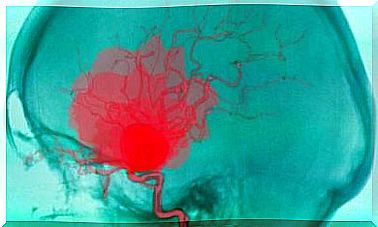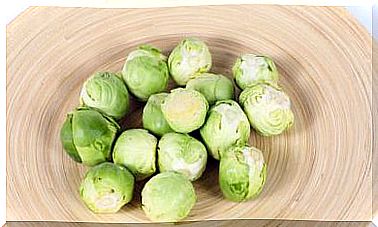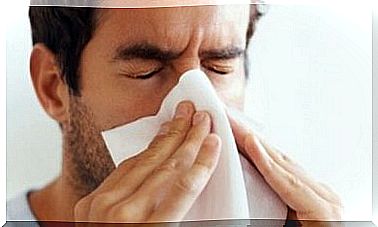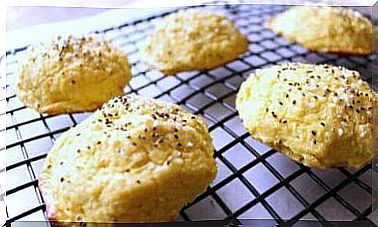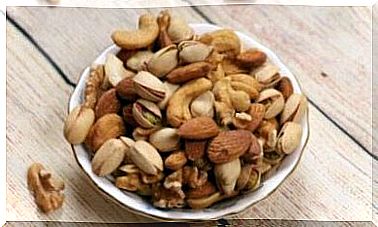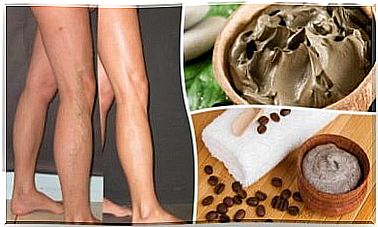How To Combat Fluid Retention
Fluid retention can be a consequence of a sedentary lifestyle, which is why we need to practice exercise. The latter, in addition to helping us eliminate excess fluids, improves our functions.
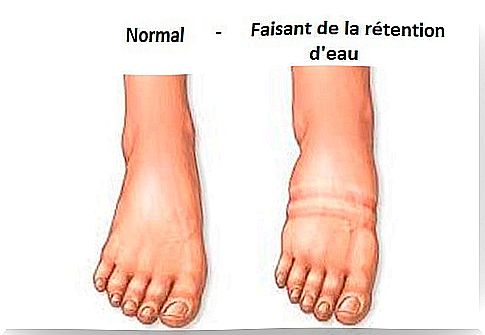
One of the main factors in weight gain is fluid retention. It can appear because of a sedentary lifestyle, pregnancy, menopause, cirrhosis, heart failure, or even malnutrition, among others. However, it is possible to combat water retention.
In general terms, it is swelling occurring in different parts of the body such as the ankle, arms, legs, abdomen, and wrists.
During the period of pregnancy, fluid retention is a very common phenomenon. This is because a woman goes through a hormonal change which is manifested mainly by symptoms like swollen ankles and feet.
Although not very worrying, it is better to consult your doctor if the water retention is too important.
Advice to fight water retention
An important step in avoiding water retention is to reduce salt intake. This is because this substance can cause a buildup of body fluid.
On the other hand, the consumption of water is essential, because it cleans the impurities of the body and thus makes it possible to eliminate them easily.
Tips to prevent and treat water retention
diuretic foods
It is essential to consume diuretic foods because they help to purify the body. In addition, they help in losing weight.
Often times what is believed to be extra pounds is actually inflammation from fluid retention.
- The watermelon. It is recommended mainly for its high percentage of water.
- Apple cider vinegar. It thus serves to balance the level of potassium, very often affected by water retention.
- Green tea. It is an excellent diuretic and also an anti-oxidant.
- Orange. Thanks to its high content of vitamin C, it promotes kidney function and also accelerates the elimination of toxins in the body.
- The artichoke. It is used in teas for weight loss thanks to its diuretic properties.
- Cornflower. It helps prevent urinary disease, it also helps flush out toxins and is also one of the best antioxidant foods.
- Dandelion. It is one of the most powerful plants to eliminate excess water from the body.
- Parsley. It promotes the elimination of bodily fluids. It is recommended to take it as an infusion to prevent obesity and heart disease.
- Onion. It is therefore recommended if you suffer from rheumatism, gout or kidney failure.
Physical exercise

It takes constant exercise, walking, jogging, cycling, swimming, and much more.
Indeed, water retention can appear due to a sedentary life. Sport distracts the mind and promotes the functioning of every organ and process in the body. It also helps fight water retention.
Avoid salty foods
As we have already said, salt promotes the onset of water retention, so you should stay away from salty food as much as possible. It should also be borne in mind that some dishes contain high levels of sodium, such as sausages, canned goods, alcohol and many other things.
It is also recommended that you eat very little salt, as this can promote the development of kidney stones, stomach cancer, and decreased taste in the taste buds.
Eat ingredients rich in potassium
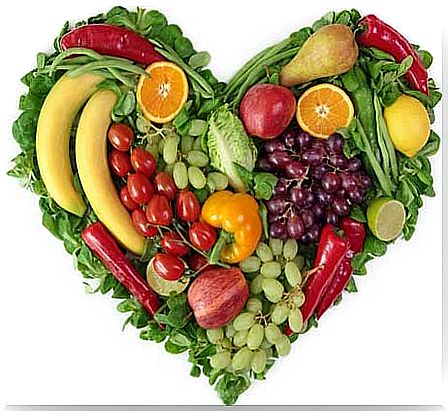
This element is essential for combating water retention and maintaining balance in the body. Potassium is an electrolyte, which is involved in the control of blood pressure and ensures the elimination of fluids.
This component is present in some fruits, including: kiwi, melon, orange and banana. It is also present in vegetables such as artichokes, cabbage, beets, potatoes and avocado.
Eat foods rich in magnesium
Magnesium also helps remove excess water, helps prevent heart problems, and helps regulate insulin in the body. Magnesium gives the body a good dose of calcium to protect the bones, it reduces migraines and the risk of developing type II diabetes. Perfect for combating water retention.
Recommended foods
- The sound of wheat or oats, as they are rich in magnesium.
- Dried herbs. In particular coriander, mint and parsley. Remember that in addition to providing magnesium, you can use them to make your dishes taste better.
- Linseed. They are antioxidants, they can prevent heart disease and provide a good supply of magnesium.
- Sunflower seeds. They contain magnesium and vitamin E.
- Milk. Whether powdered, pasteurized, whole or condensed, it has a high magnesium content, and contains other vitamins such as vitamins A, D and E.
Finally…
Rest is essential to combat fluid retention. If your feet are too swollen, elevate your legs as often as possible.
If you have changed your eating habits and the problem does not decrease, it is best to see a doctor.
